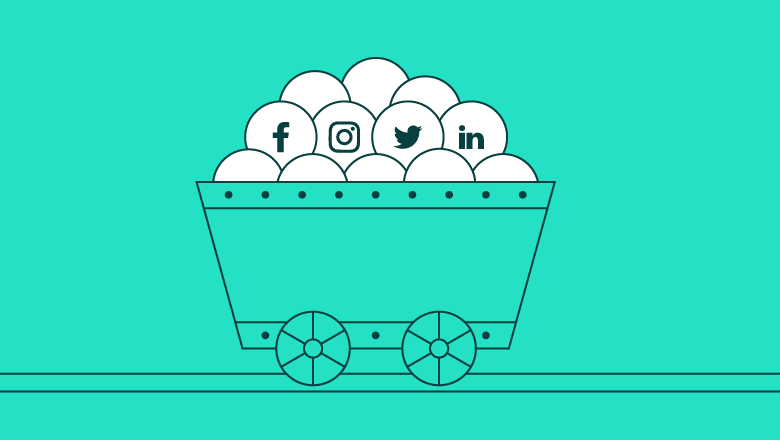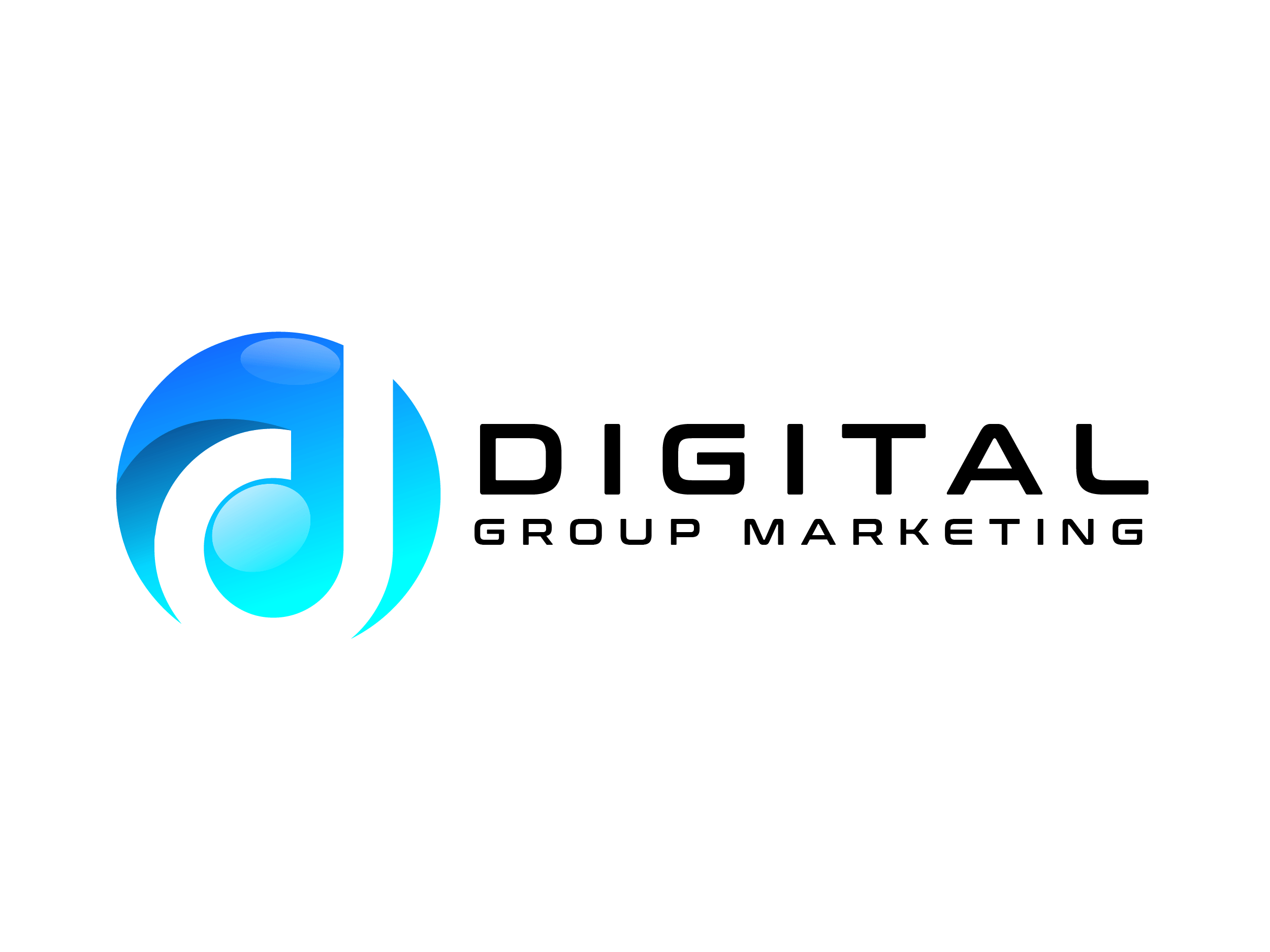User or Customer? Social Media Mining
Nowadays, everyone and their mother is on social media. Facebook, Twitter, Instagram, you name it-

What is Social Media Data?
Social media data, or social data, is any information obtained off of your social accounts used to target customers and/or inform choices. Advertisers can use this information on an individual basis, targeting products/services towards an individual to better suit their interests. Moreover, they can choose to use a pool of social data: Collecting implicit or explicit information from potential clients in order to develop their overall strategy. Social data doesn’t just include what you post personally. Information can be extrapolated from what you choose to scroll past, like/dislike, or in general, engage with.
How is Social Data collected?
In order to employ an effective business strategy, companies accumulate data in 3 main ways:
Direct Engagement – In this method, a business asks a targeted question to a user to extrapolate information. Youtube often employs a short survey where a user is asked to give feedback on a product/answer a short question before viewing the selected content. Many of the major social sites have adopted a poll feature, making it easier than ever for brands to take their questions directly to the customer.
Indirect Tracking – Here, a company can use indirect information, or information that you are not consciously sharing, to inform a decision. When consenting to “free” wifi at a local cafe, you may be consenting to sharing some of your activity while you are actively on a network. If you are a heavy user for a particular service/product, a company may use your social media information to see if there is a correlation between your usage and lifestyle. With this information, companies can better market to those who may really take to their product/service.
Purchased Data – Data is huge business. Search engines and websites such as Google are able to collect your search history, location information, etc. and sell it to other interested parties. Data brokers, companies that exist solely to mine data and sell to clients, are on the rise and generate more than $200 billion dollars within the industry annually.
How Businesses Use Social Data
A business’ goal at its core is to sell a certain product/service. Social media makes it easier for businesses to do the following:
Advertising Strategy – The most obvious and most common use, social data is a great way for advertisers to determine what an ideal clientele looks like. With ample information, advertisers are now able to adjust their strategy as their clients change over time, and market with new, more engaging methods.
Content Production – Brands such as Nike, Coach, even Wendy’s regularly produce content on social media to peek their audience’s interest. Data mining makes it easier for businesses to see what kind of content their clients respond to the most, and what mediums translate to the most amount of new sales. However, since it is difficult to track which pieces of media turnover directly to sales, businesses use this strategy in conjunction with others. Photos/visually targeted ads are 4X as likely to produce sales in most cases, making Instagram a new hotbed for targeted content. Moreover, new features such as the “swipe up to purchase” and direct linking make shopping on social media easier than ever.
Direct Revenue Source – Some companies, even outside of the huge data broker conglomerates, generate income by the collection and selling of data. Social apps themselves have this principle embedded into their business model. As part of many app sign up agreements, consent is given to sell this data.
Data Privacy Protection
As a consumer, it’s important to be aware of how these tactics can affect you on a day-to-day basis and what privacy protections you can implement should you choose to do so.
Privacy Settings – In general, social media apps having privacy settings that allow you to restrict the amount of data that can be collected. However, the act of being on these apps oftentimes acts as consent for data collection, so the only way to be truly “off the map” would be to not engage at all. It should be noted, that data collection is not necessarily insidious or detrimental in nature. You should set up your social media in accordance to your comfort levels and values, being conscious of the inherent collection.
Reducing Usage – If you are concerned with data collection being excessive or intrusive, a good way to counteract your targeting as a consumer is to reduce usage. The less information out there, the less information there is to extract. Protect yourself by reducing your connections- Are you 2k “friends” on Facebook truly people you know? Information is extracted from those you connect with in relation to you, not just yourself.
Legislation – As data privacy becomes more of a hot button issue, several countries are beginning to put in place data protections. For example, the European Union has put out legislation outlining companies’ collection of data. The CCPA act in California accomplishes essentially the same thing, and employs an opt-out program for those citizens hoping to have less of a data footprint. In general, this is a difficult space as the business of data is relatively new, so the overall effect on society remains to be seen. Moreover, the internet is often considered public domain, meaning that it is not easily regulated since it has no physical base or territory. Regardless, it’s inevitable that this issue will be brought more to the public agenda as consumers continue to demand privacy rights and disclosure.
All in all, social platforms provide us with the opportunity to connect with anyone- The advent of the internet allows us to dial into lifestyles across the world, develop empathy from firsthand experiences, and share our daily lives with those we love the most. Moreover, it provides us with tools to market our businesses like never before. User tools are constantly being curated to improve advertising and keep the user engaged. The trade-off of data collection may very well be worth it. As consumers, it is our responsibility to remain as conscientious as possible regarding our data usage. In this ever changing industry, the full scope of social data and its implications remain to be seen.

